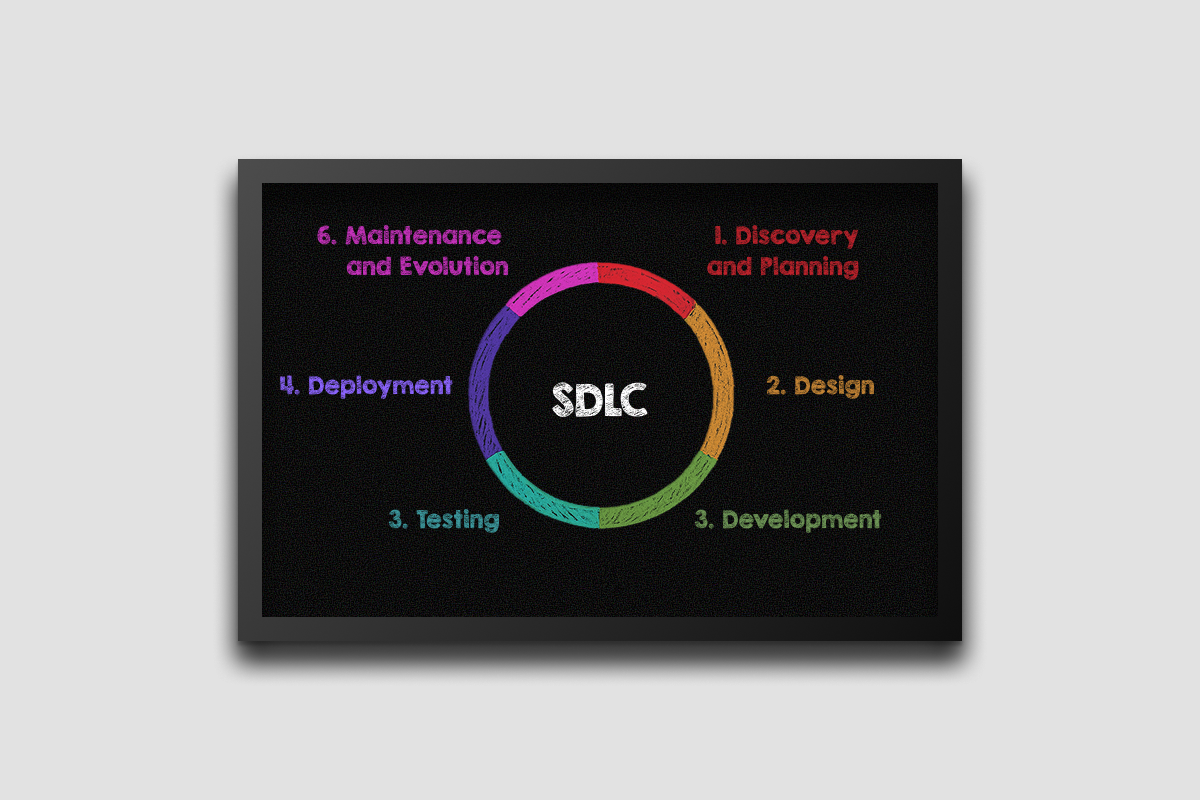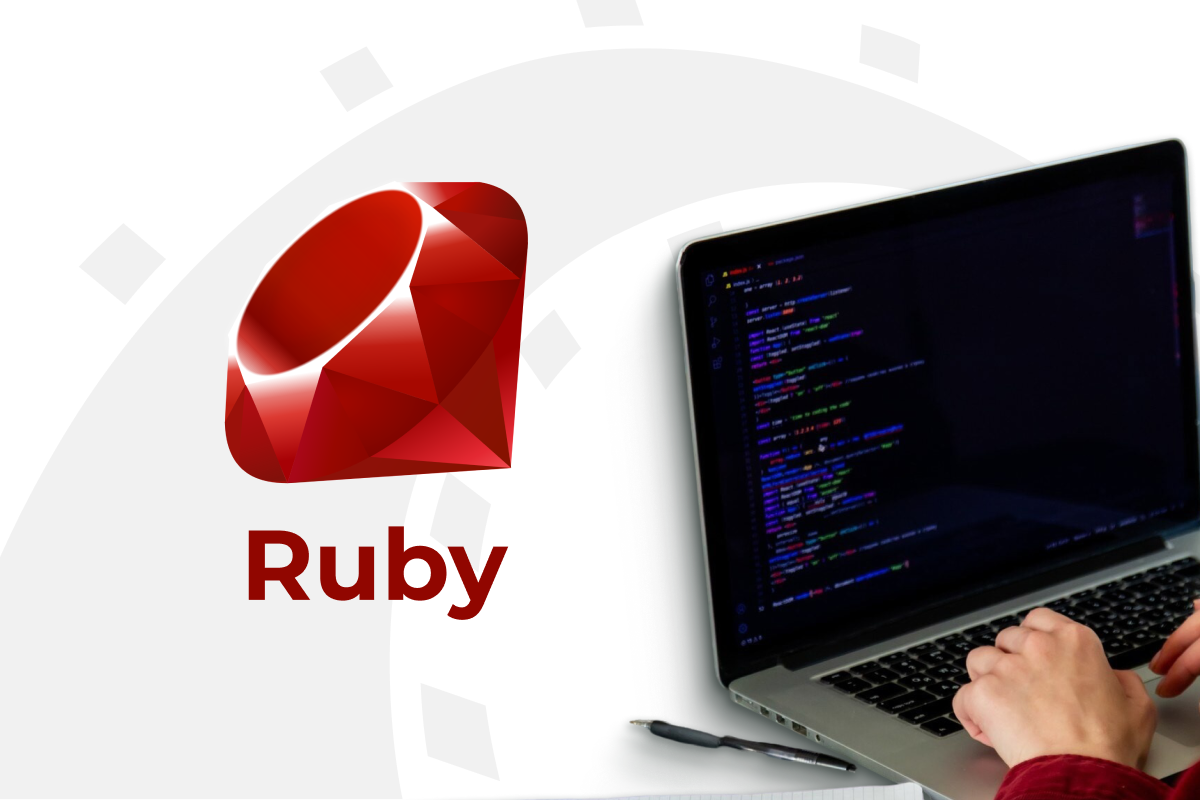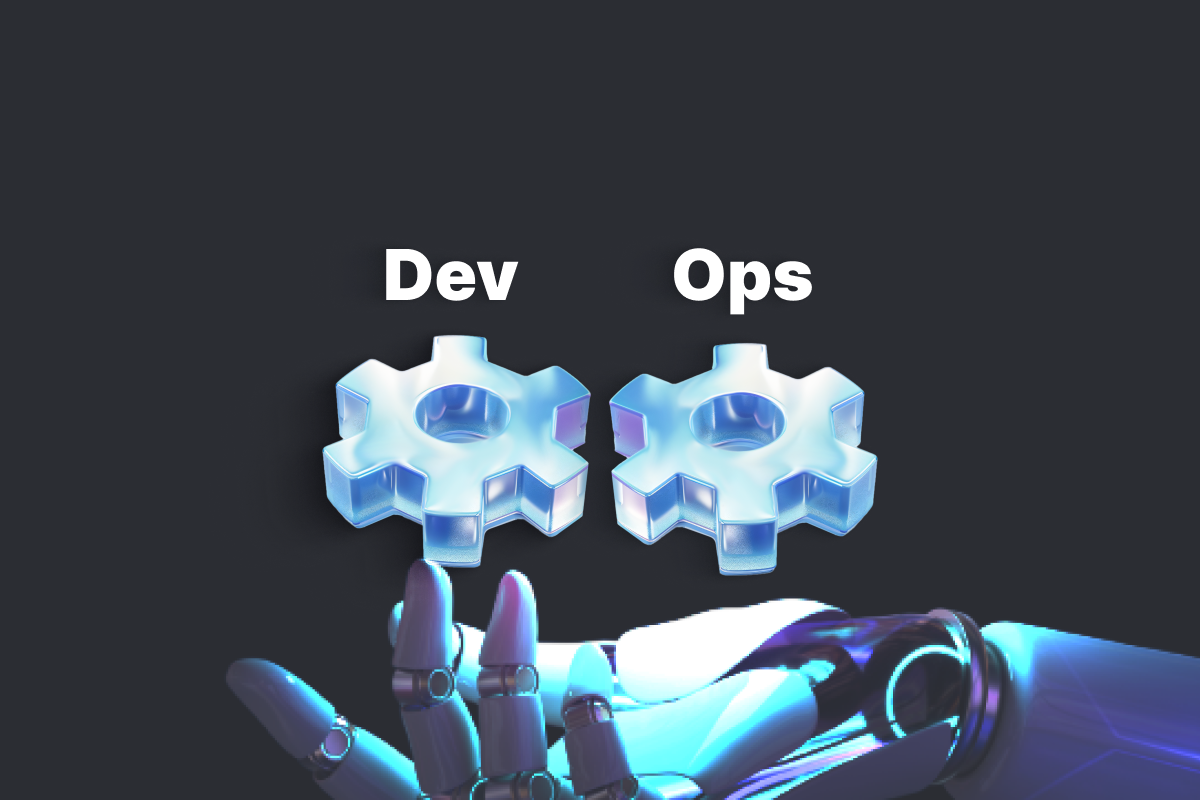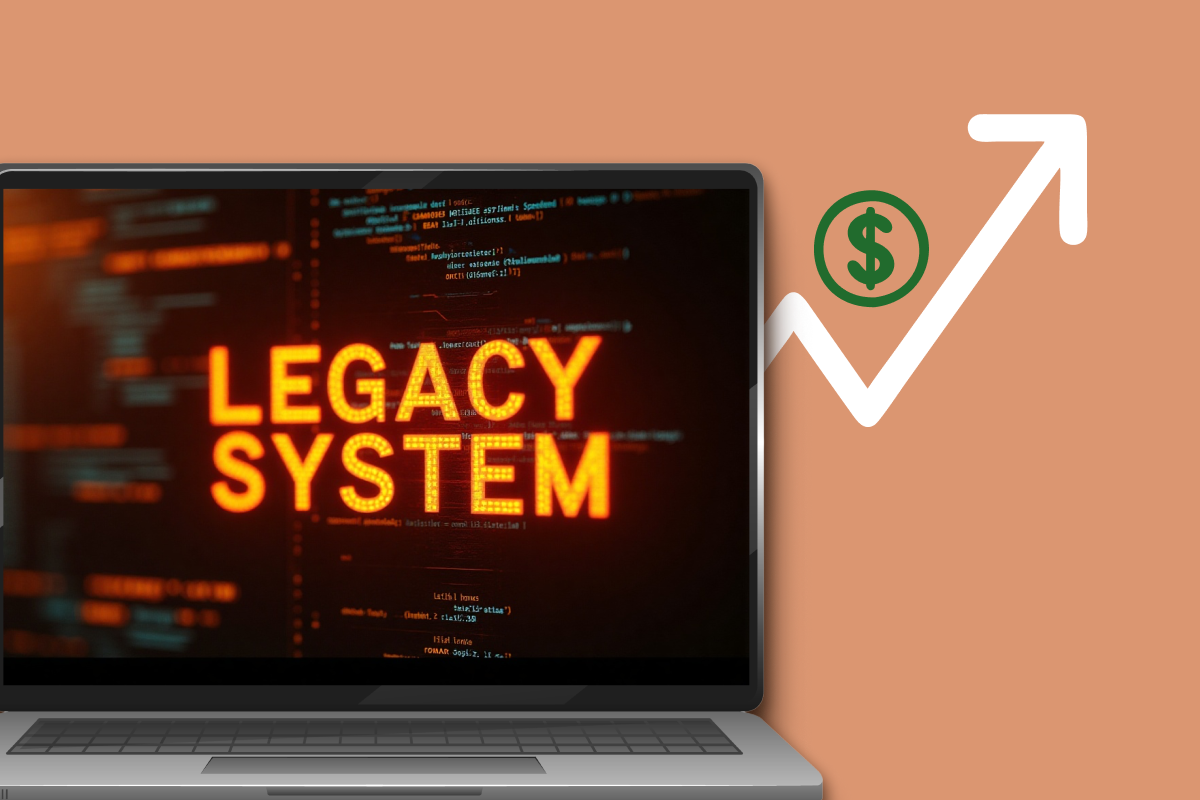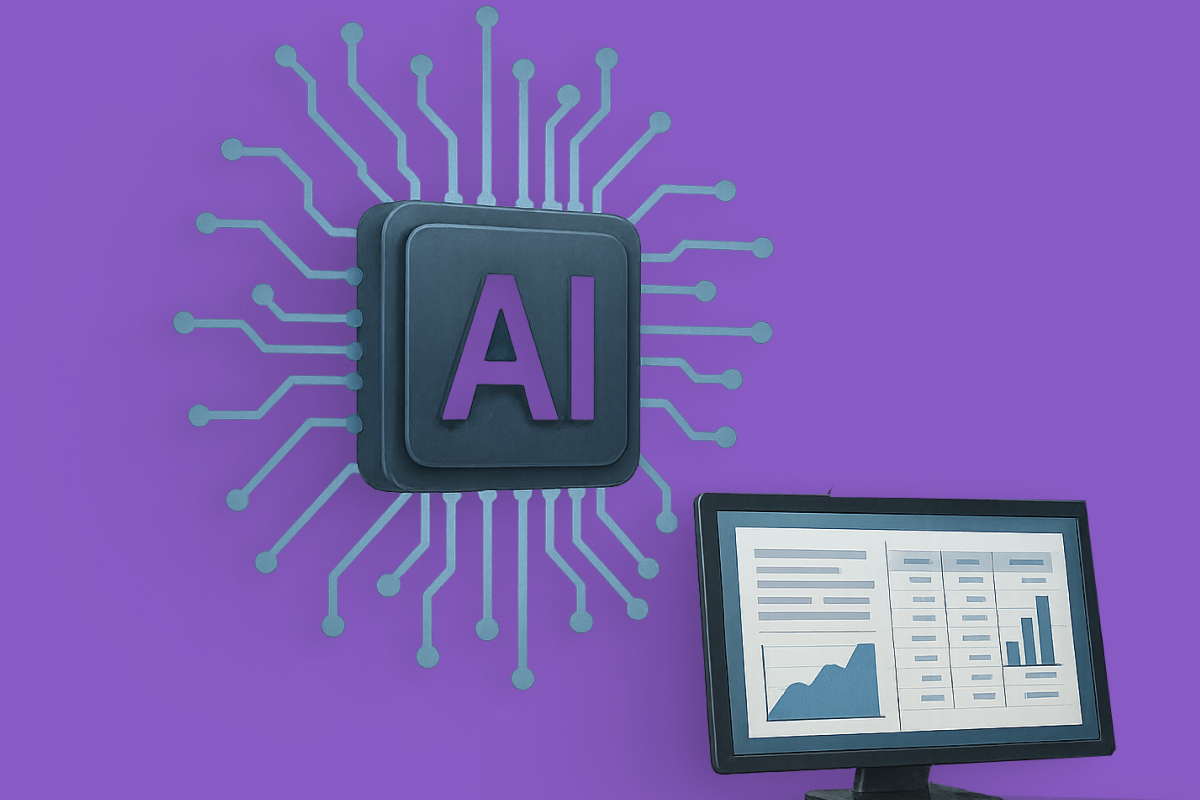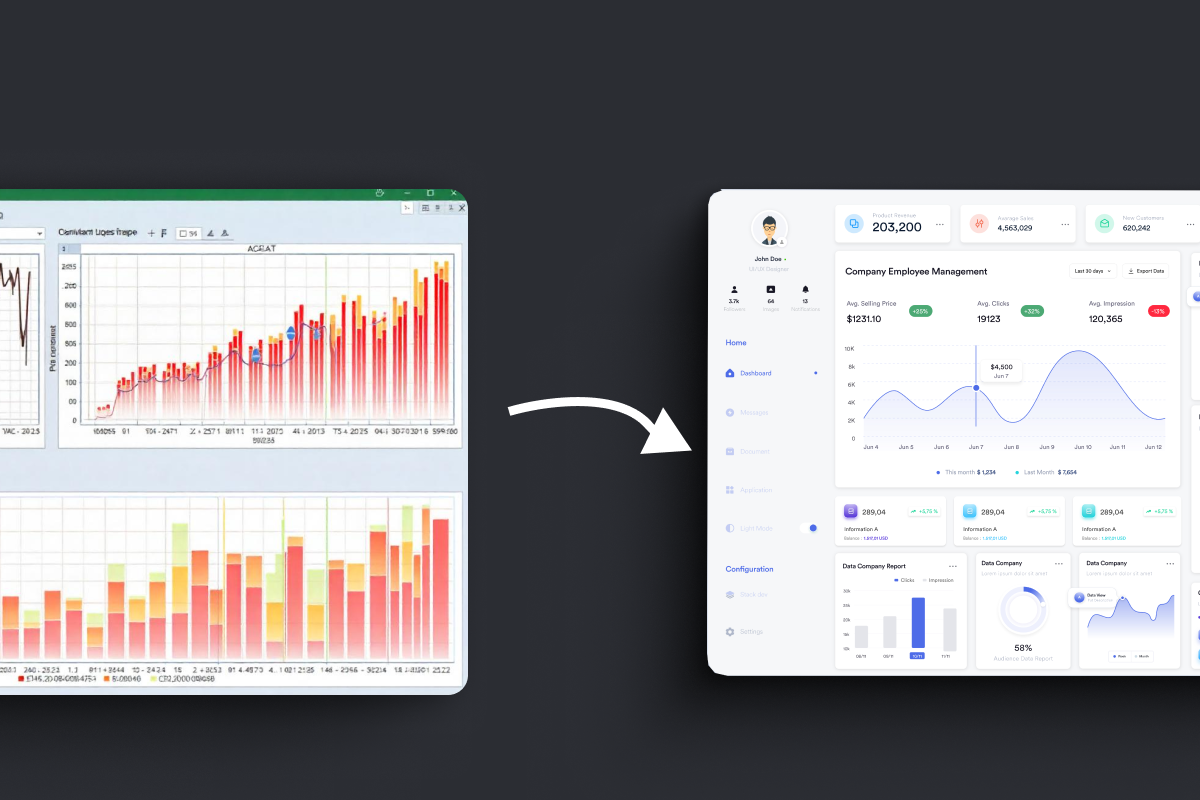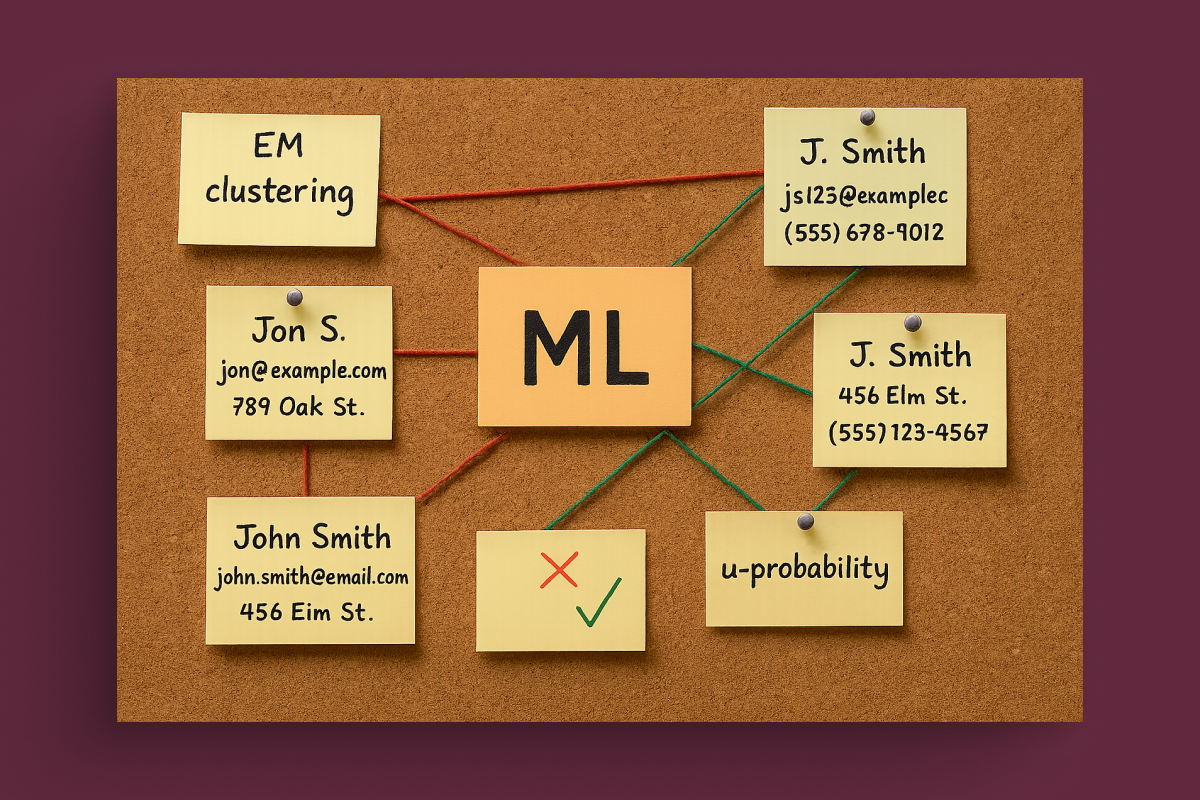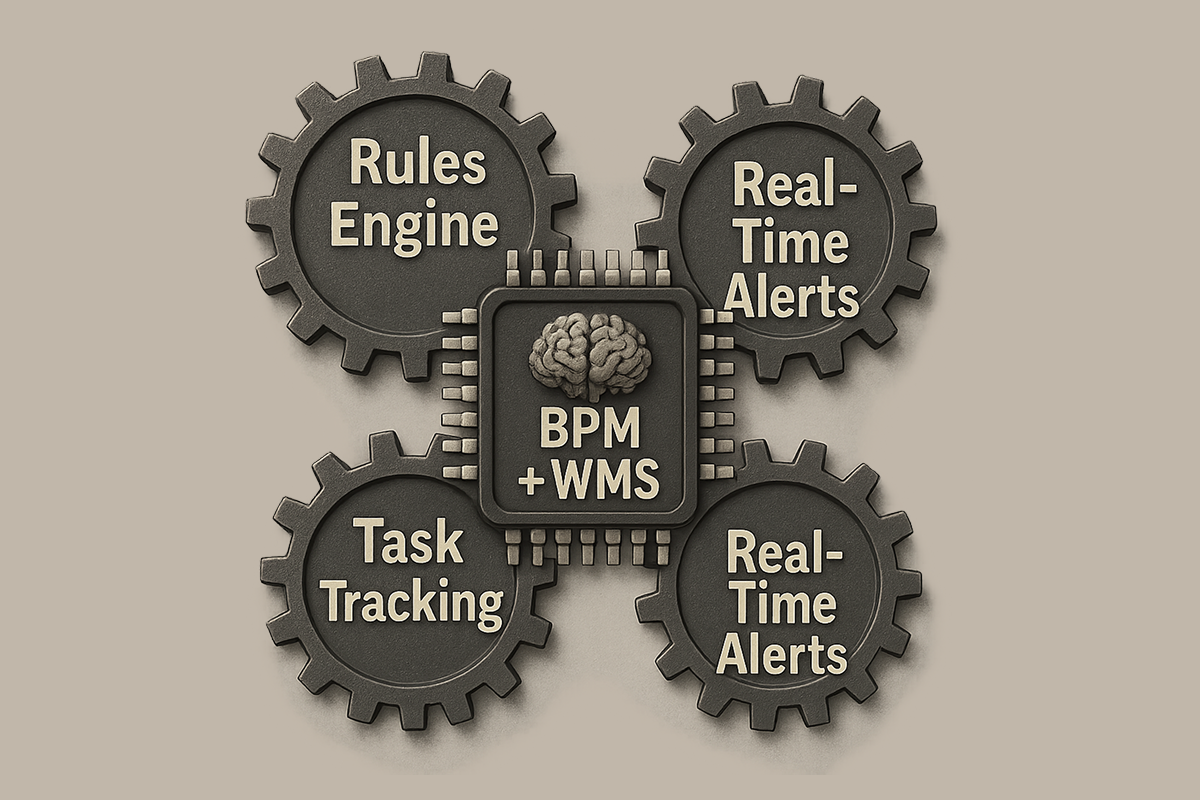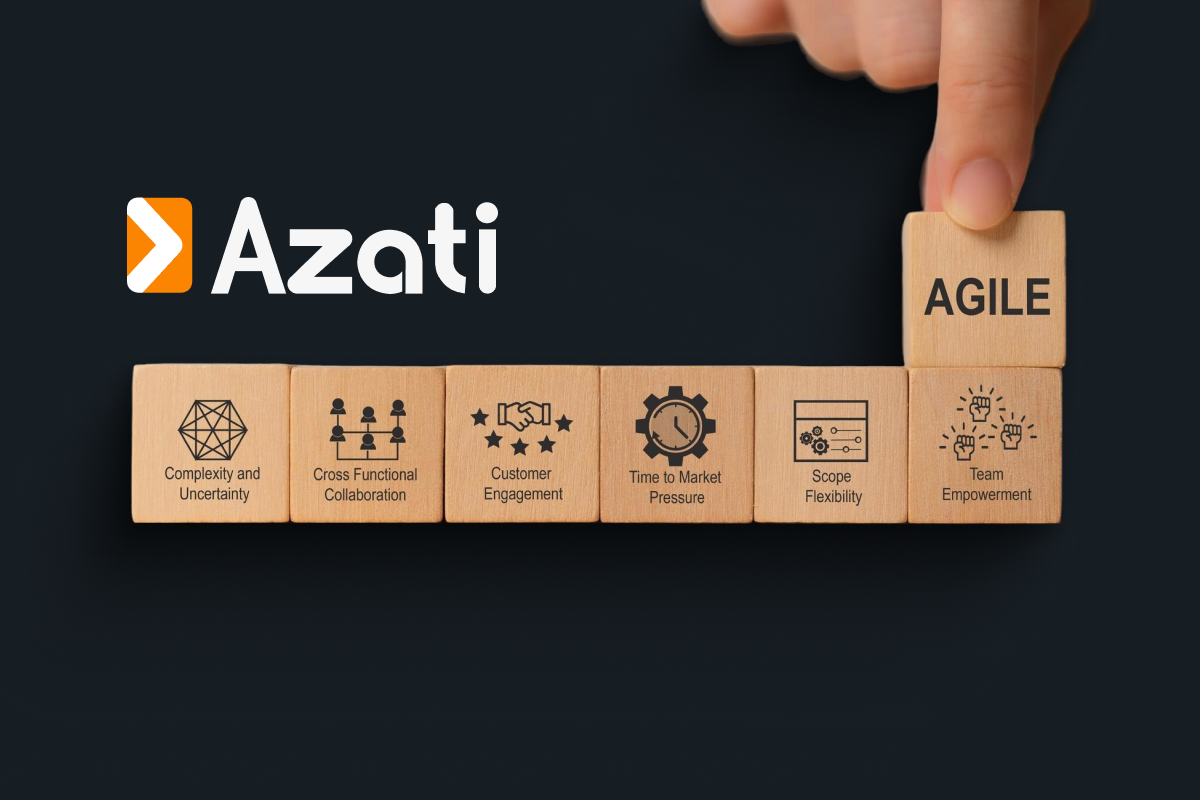Buying or selling a dwelling is a heavy financial and emotional undertaking. But today’s digital era makes this process accurate, streamlined and automated.
Real estate has traditionally been slow to embrace the emerging trends, but things are starting to change. The usage of AI and Machine Learning for real estate investment can bring tangible benefits to all parties involved. There are sellers and renters, buyers and tenants, real estate brokers, agents, and other professionals.
How can artificial intelligence be leveraged for the real estate market?
Artificial Intelligence powers machines that are able to perform sophisticated tasks. For example, judgment and evaluation, problem-solving and decision making, pattern recognition, language production and comprehension. One of the most efficient approaches to achieve artificial intelligence is through Machine Learning (ML). ML is a field of computer science aimed at making computers learn from data without being explicitly programmed to do so.
ML-based software has taken the world by storm for its ability to completely automate time-consuming, repetitive tasks, make intelligent recommendations, accurately detect suspicious behavior and many more.
Artificial intelligence has been used to advance many industries, including finance, insurance, retail, healthcare, and more. Real estate is yet another industry embracing the full power of disruptive technology.
With it, you can have data-based answers to the questions like “Who of the current prospects is most likely to buy a house? What is the probability of that?” in a matter of seconds… Obtaining the relevant insights, such as fact-based predictions, buying patterns, crucial conditions for successful deals and the factors that result in no deals at all. These are just a few opportunities that the technology can offer.
Enhanced data management for the real estate
Brokers deal with massive datasets such as legal papers, property appraisal reports, sales details, ownership history, zoning regulations and so on. The amount of data grows as the broker reaches the stage of finalizing the contract. It includes leases, non-disclosure agreements, partnerships, supplemental financial documents, etc.
Of course, computers reduce paperwork dramatically, but this hasn’t made real estate less red-tape. The documents have become digital, but still, a human professional is needed to deal with all the data. Some companies use systems such as ECM, ERP, BPM to solve their data issues. This allows them to work quicker and more effectively, but only to a certain extent.
Artificial Intelligence introduces one of the newest and most innovative approaches to data management – you can do it faster, more comprehensively, and with less (or no) human attention.
AI and machine learning in real estate investment outperforms the industry professional when it comes to conducting demographic market research, environmental and financial analysis. The technology can be leveraged to ensure the accuracy of data by constantly analyzing it. In case of any inconsistency – such as missing signatures, invalid characters, empty fields, unintended legal missteps – the AI-powered tool sends notifications. As a result, data is logically structured, securely stored, unreplicated, easy to retrieve and analyze.
So, it is safe to say that artificial intelligence in real estate helps to streamline data management.
Gaining data-driven actionable insights with artificial intelligence
What’s more, ML-driven software recognizes patterns in the data and uses them to generate actionable insights. For instance, if fed with the relevant data, it can indicate when a specific property type is likely to explode in popularity.
Effective lead management
A powerful AI system can scan piles of data patterns drawn from historical sales records to identify the most demanded property types. This information can be of help to marketers, salespeople and brokers in their advertising activities.
AI doesn’t eliminate the need for contacting potential clients. But it can ensure that every broker target is interested in what you are offering.
From manual property appraisal to automated valuation
Determining the value of property in real estate always presents a challenge. And the most plausible price stems from evaluating as much information as possible.
Current appraisal techniques are often based on a previous sale price, failing to take into account factors like transportation and infrastructure improvements, changes in the environment, local neighborhood, and other amenities (like schools, stores and access to public transportation) that have an impact on a property value. Due to pattern recognition abilities, the ML-based software can be of great help in resolving this significant issue by revealing the whole bunch of price-affecting factors.
But, even more importantly, such software can streamline the negotiation process by predicting where a price compromise is likely to occur. This provides brokers with precious information. Meanwhile preventing from lost opportunities and fails of telling them too high or too low price of the property. Knowing that an initial offer is well within market standards — and having data to back it uplifts a heavy burden of a broker’s shoulders.
Intelligent chatbot assistants in real estate
The world sees the rise of chatbots now, and they are likely to remain a leading trend for a while. ML is paving the way for sufficient technology advancements. So the chatbots are now able to “learn”, and respond to more specific and complex queries. Hence, people find them really helpful. According to the statistics from a Business Insider report, “approximately 45% of end users prefer chatbots as the primary mode of communication for customer service inquiries”.
The key advantage of chatbots is that they are ready to interact with potential customers 24/7. They can answer any question in a jiffy – be its square footage, leasing terms, or any other topic of interest. Moreover, based on user preferences, a chatbot can make personalized offerings. All in all, such real-estate AI software as chatbots are very effective at engaging visitors and generating higher lead conversions.
Leveraging artificial intelligence in applications in favor of real estate
Finding a suitable home and making clients fall in love with that home is generally the hardest part of a residential real estate broker. And even there AI has something to offer – solutions that increase customer satisfaction when evaluating a potential home.
Powerful visualization software based on ML, neural networks, and augmented reality we need to cater to consumers’ desire to get to know whether a particular place could turn into their “dream home”.
One of the most notable examples is the “Ikea place” application, introduced by IKEA. The app uses augmented reality to allow users to see how chosen furniture would look in their homes. According to Business Insider, the segment is rapidly gaining popularity.
Another example of improving customer satisfaction through an AI-driven app is Azati’s Image Modeling Application. The mobile application enables users to replace the existing wallcovering with a new choice. And moreover, instantly builds a realistic model of a new room.
Will artificial intelligence substitute professionals in real estate?
AI raises concerns of whether or not the technology would replace humans. Though some people fear it could happen. The mentioned technologies won’t be stealing jobs from the brokers, nor will they challenge the necessity of humans in the industry.
Indeed, AI would take over the repetitive tasks and some of those requiring human intelligence. But at the same time, it would let professionals focus on the most complicated and creative work. And may even give rise to new professions at the intersection of jurisprudence, real estate, and computer science.
Conclusion
Real estate is headed for a digitized and automated future. As Artificial Intelligence becomes cheaper to utilize, it is becoming more and more prevalent in our daily lives. Once real estate brokers learn how to use the tremendous power of the technology for their benefit, they will have nothing to fear and everything to gain.
Ready to transform your real estate strategy with AI? Let’s talk about how you can integrate smart solutions into your workflow today.










